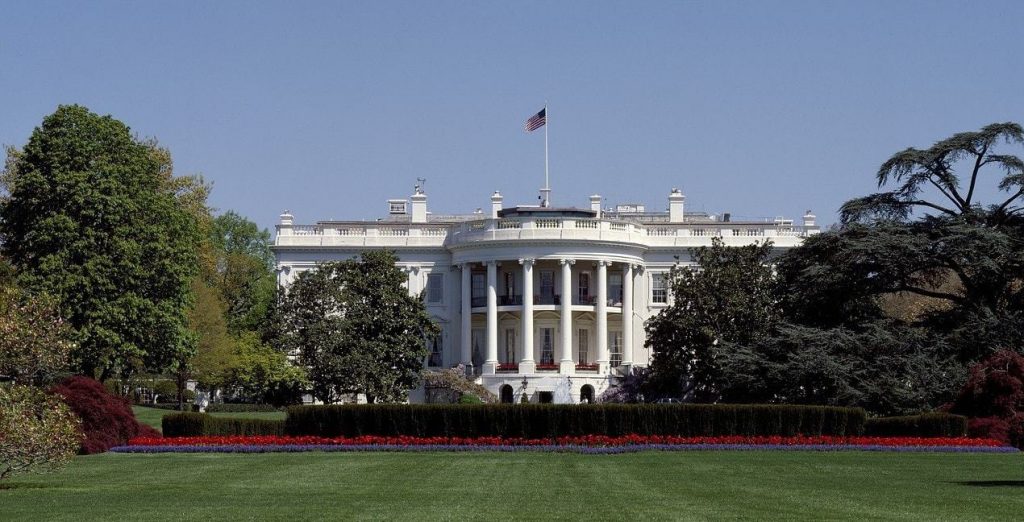
Predictably, Israeli reaction to news that President Trump will soon be unveiling his Mideast peace plan was mixed. Rightists loved it, but leftists were less enthusiastic. The right is mostly excited about the prospect of annexing West Bank settlements with America’s blessing. The left is apprehensive for the same reason.
Another point of contention between left and right is the timing of the move. Some observers, mostly from the left, say that unveiling the plan during an election campaign is blatant interference in Israeli politics. These critics argue that Donald Trump is trying to help his friend Benjamin Netanyahu win the election.
Yet looking beyond the expected political squabbling, the US decision to finally release the plan is good for Israel. Doing it at this time could help refocus the national conversation, and potentially mitigate the ongoing political deadlock.
Critical Debate for Israel’s Future
The unveiling of the peace plan will force Israelis to address the truly important issues. The election campaign, which so far largely avoided any substantive discussions, will now revolve around a debate critical to Israel’s future: The decision on whether to annex the West Bank or gradually disengage from it.
Having this debate before the election is also a positive. It will compel political leaders to clarify and defend their positions, and enable voters to consider key questions in real time, before they cast their votes. While most (but not all) rightists support annexation, and most leftists oppose it, Israel’s large centrist camp in particular will have to choose sides.
Finally, unveiling the plan creates better conditions for Netanyahu and chief rival Benny Gantz to join forces. President Trump has already invited both leaders to Washington, and will likely press them to work together to advance his initiative. In case of yet another indecisive outcome in the upcoming election, the US move could offer a way to end the political impasse with a national unity government.
Potential Problems
However, the timing of unveiling the peace plan also creates potential problems. Under certain circumstances, it could produce disastrous consequences for Israel.
Israeli annexation of West Bank land carries enormous implications, and would ideally follow exhaustive debate and careful analysis. But presenting the dilemma now is rushing the process and could prompt hasty decisions. Indeed, settlement fans are already urging quick government action to exploit what they see as a rare window of opportunity.
But here lies the crux of the matter. The feasibility and advisability of annexation rests almost entirely on the support of the US Administration. Rushing forward with such dramatic moves could therefore put Israel in a difficult spot should President Trump lose the 2020 US election.
Peace Plan Could Turn Into Trap
In a worst-case scenario, a unilateral Israeli move will provoke harsh international criticism, gravely harm relations with Jordan, and spark wide-spread Palestinian violence. Facing this onslaught as a new president far less friendlier to Israel enters the White Hosue would be a nightmare.
It is doubtful whether any Israeli government would consider annexation under such terms. But Israel may end up unwittingly stepping into this minefield by moving too quickly now.
Overall, the US peace plan presents unique opportunities for Israel, but could also turn into a trap. Unveiling it at this junction offers Israelis the chance to hold a much-needed discussion on an issue of crucial importance. However, at the very least, no action should be taken without a broad national consensus.


